15 Things To Consider Before Rescuing A Dog

Bringing a rescue dog home is one of life’s most rewarding experiences. Your choice to adopt gives a deserving pup a second chance at happiness.
But before you welcome your new furry family member, there are important factors to consider that will help ensure a successful match for both you and your future four-legged friend.
1. Lifestyle Compatibility

Your daily routine matters enormously when choosing a rescue dog. A high-energy border collie mix might become destructive in an apartment with an owner who works long hours.
Meanwhile, a senior or low-energy dog could be perfect for quieter households. Honestly assess your activity level, work schedule, and social habits before committing to any particular dog.
2. Space Requirements
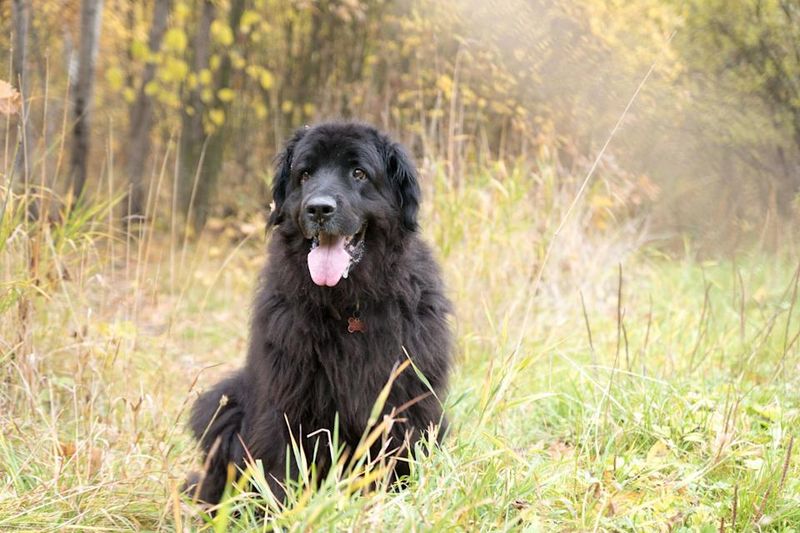
Your living situation dramatically affects which rescue dog might thrive in your home. Large breeds typically need room to stretch their legs, while many smaller dogs can adapt to apartment living.
Consider your yard size, nearby parks, and whether your lease allows pets. Remember that some energetic smaller breeds need as much exercise as their larger counterparts despite taking up less physical space.
3. Time Commitment

Dogs flourish with consistent attention and care. Beyond feeding and bathroom breaks, they need exercise, training, playtime, and companionship every single day for their entire lives. Many behavior problems stem from boredom and loneliness. Be brutally honest about your available time—if you travel frequently or work 12-hour days, you’ll need support systems like dog walkers or daycare.
4. Family Agreement
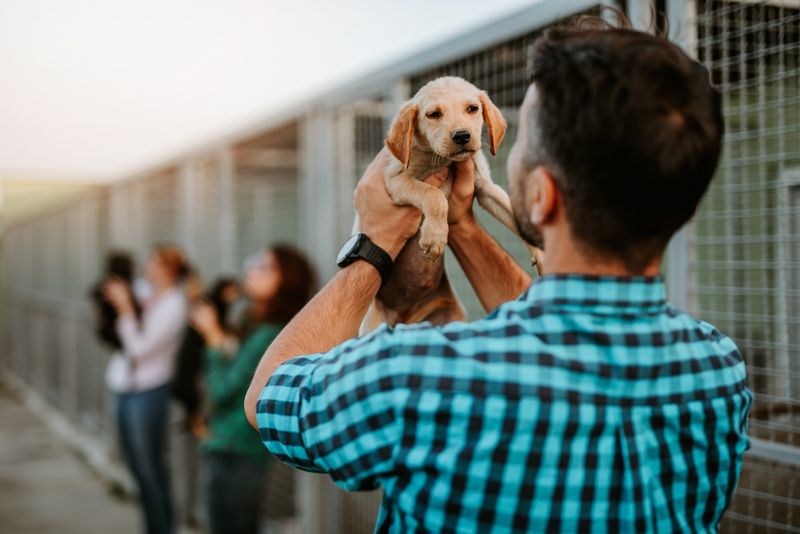
Everyone under your roof should enthusiastically support bringing home a rescue dog. A single reluctant household member can create tension that dogs quickly sense.
Hold a family meeting to discuss responsibilities like walking, feeding, and training. Address concerns about allergies or fears openly. When everyone participates in the adoption decision, the transition goes much more smoothly for both humans and canines.
5. Existing Pets
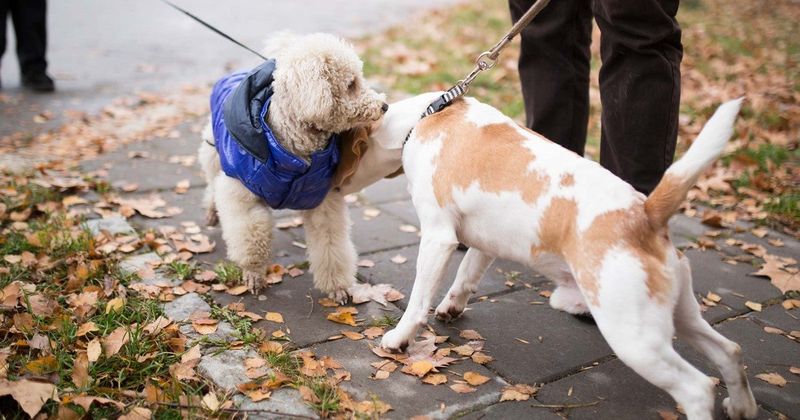
Your current pets’ personalities should guide your rescue dog selection. Some shelters offer supervised introductions between potential adoptees and resident animals—take advantage of this service whenever possible.
Cats may need slow acclimation periods with certain dogs. Senior pets might find puppies overwhelming. Research proper introduction techniques before bringing your new rescue home to ensure household harmony.
6. Training Expectations
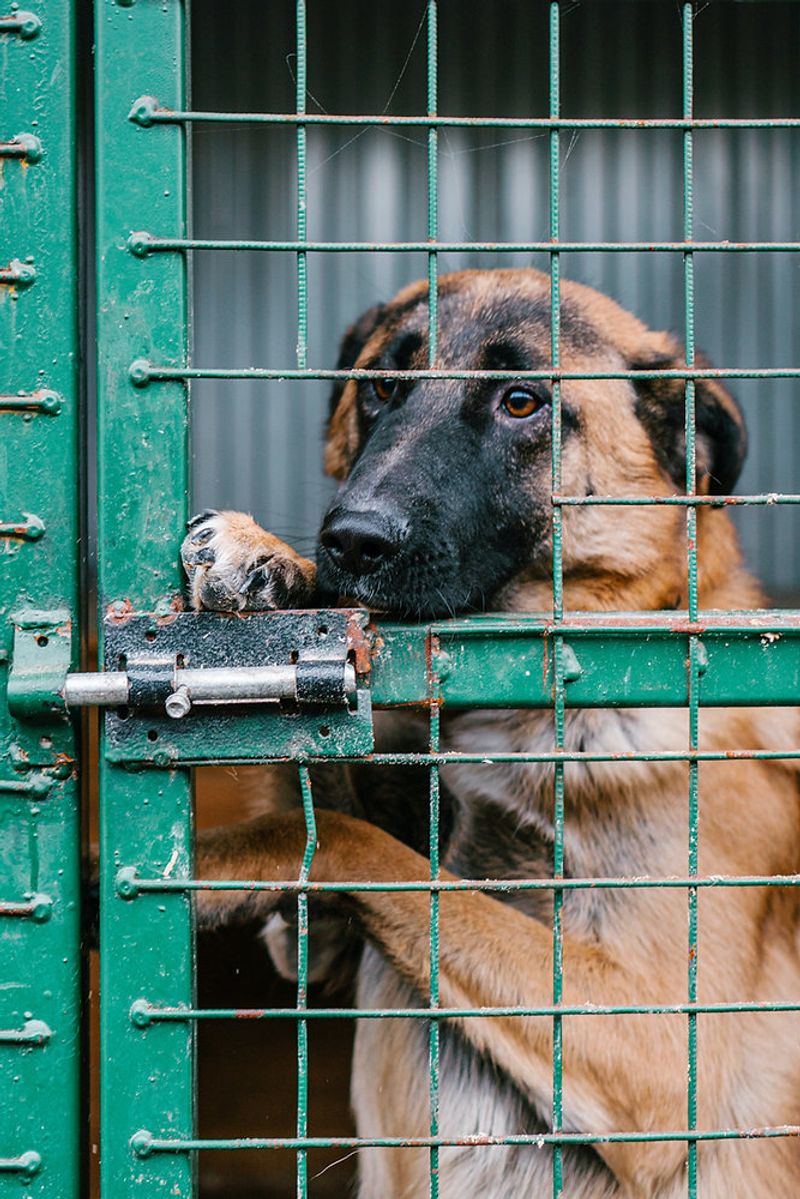
Rescue dogs arrive with varying levels of training. Some know basic commands while others may have never lived indoors. Adult dogs can learn new skills, but training requires patience and consistency.
Research positive reinforcement methods before adoption. Budget for professional training classes if needed. Remember that behavioral issues often improve dramatically once a dog feels secure in their new home.
7. Health History
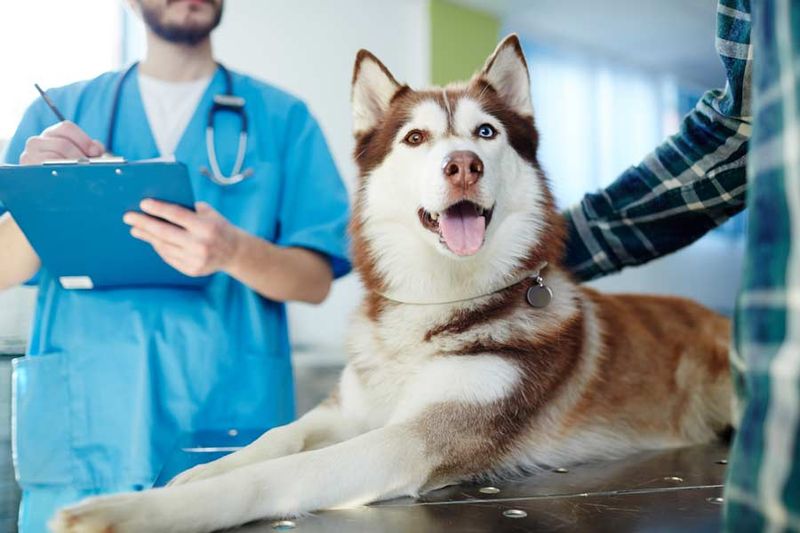
Ask detailed questions about your potential dog’s medical background. Some rescues have unknown histories, while others come with comprehensive records. Inquire about vaccinations, spay/neuter status, and any chronic conditions.
Certain breeds are prone to specific health issues that may require specialized care. Request any available veterinary records and schedule a check-up soon after adoption.
8. Age Considerations

Puppies require intensive training and supervision but adapt quickly to new environments. Adult dogs often have established personalities, making compatibility easier to assess.
Senior dogs make wonderful companions with their calm demeanor, though they may have increased medical needs. Each age brings different joys and challenges—consider which matches your expectations and lifestyle best.
9. Breed Characteristics

Even mixed-breed dogs display traits from their genetic backgrounds. Herding breeds often try to corral children, while terriers typically love digging.
Hounds may howl, and guardian breeds can be protective of their families. Research the suspected breeds in your potential rescue dog. Understanding these natural tendencies helps set realistic expectations and prevents frustration when dogs behave according to their instincts.
10. Long-Term Commitment

Dogs live 10-15 years on average, sometimes longer. Your life will evolve during this time—new jobs, relationships, children, or moves may happen.
Consider how a dog fits into your future plans. The sad reality is that many dogs return to shelters due to life changes. Commit to making your rescue dog a priority through life’s inevitable transitions.
11. Home Preparation

Dog-proofing your home prevents accidents and protects your belongings. Secure toxic plants, chemicals, and small objects that could be swallowed.
Install baby gates if needed and tuck away electrical cords. Purchase essentials before bringing your dog home: appropriate food, comfortable bed, secure leash, ID tags, and safe toys. Creating a designated dog space helps your new family member adjust with minimal stress.
12. Behavioral Background

Many rescue dogs have experienced trauma, neglect, or inconsistent care. These experiences can manifest as fearfulness, resource guarding, or separation anxiety.
Ask shelter staff about known triggers or behaviors. Some issues resolve with patience and security, while others require professional intervention. Being prepared for potential challenges prevents surprises and helps you provide appropriate support.
13. Grooming Needs
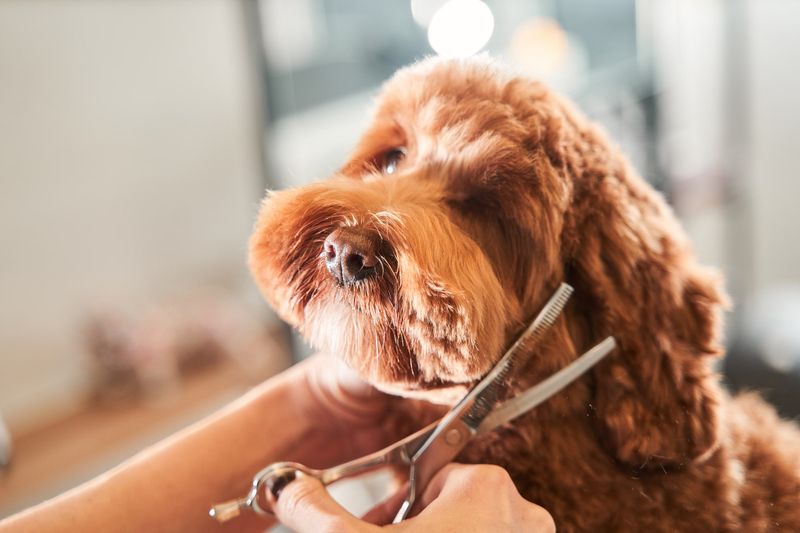
Different coat types demand varying levels of maintenance. Long-haired breeds might need daily brushing and regular professional grooming. Short-coated dogs shed too, often requiring weekly brushing.
Factor in nail trims, ear cleaning, and dental care as well. If you’re allergic or hate dog hair, consider breeds with minimal shedding. Grooming isn’t just cosmetic—it’s essential for your dog’s health and comfort.
14. Support Network
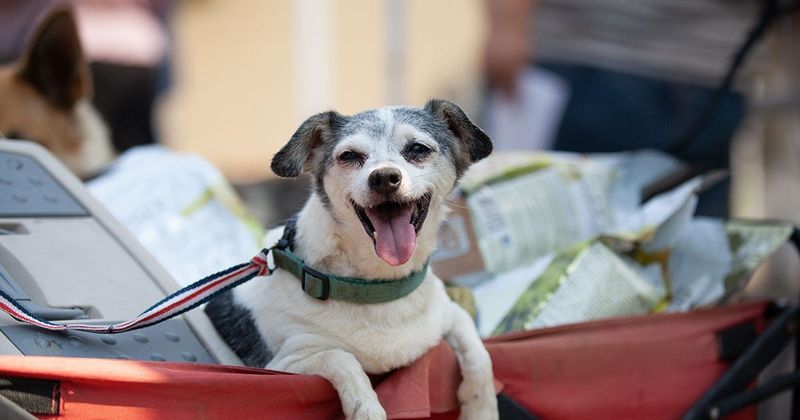
Every dog owner occasionally needs backup. Identify friends, family members, or professional services who can help during emergencies or planned absences.
Research local veterinarians, boarding facilities, and dog walkers before they’re urgently needed. Online and in-person support groups for rescue dog owners provide valuable advice and encouragement during challenging adjustment periods.
15. Financial Readiness

Dogs aren’t just cuddle buddies—they’re financial commitments. Beyond adoption fees, prepare for ongoing costs: quality food, regular vet visits, preventative medications, grooming, training, and unexpected emergencies.
Many new pet parents underestimate these expenses. Creating a monthly pet budget beforehand helps avoid painful financial surprises that could impact your ability to care for your new companion.






